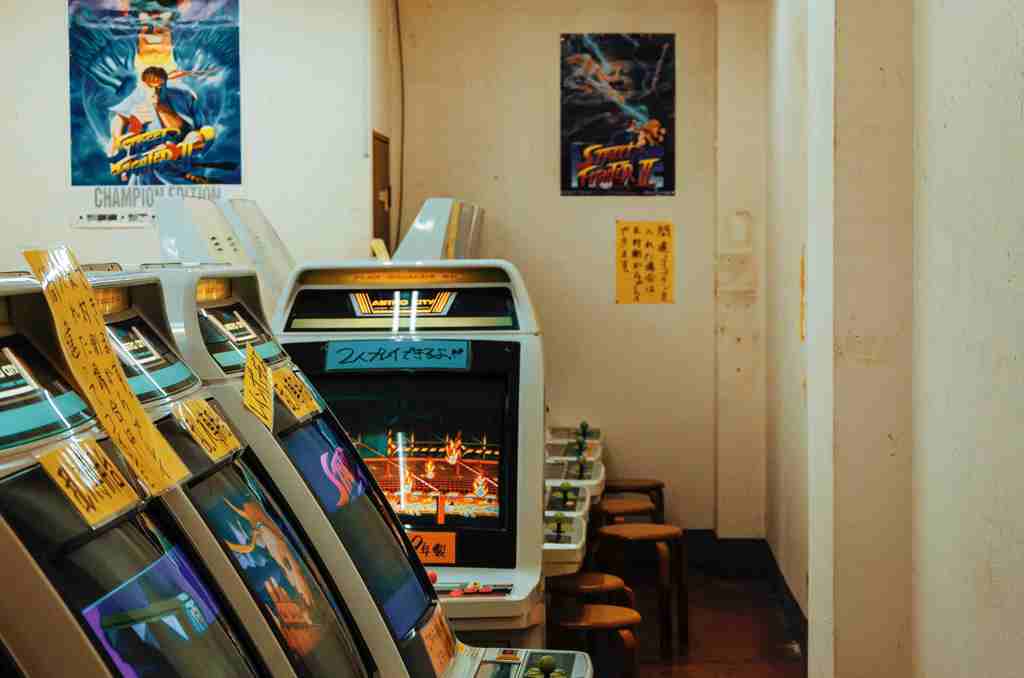Nintendo owes their fans legal, modern and reasonably priced ways to play their old games, and if they fail to do so, they should not be surprised when fans turn to emulators.
Video games have an expansive history as an interactive medium. Gaming has seen several eras, with games from each console generation containing a glimpse into what the gaming industry was like at that respective time. This is perhaps best illustrated by the “console generations,” a colloquial system separating the medium’s history into nine distinct generations. While this system is becoming outdated, it’s still an interesting formulation of gaming’s historical evolution.
As video games continue to evolve, however, it remains necessary to allow players to enjoy old titles from major publishers.
Video games are different from most other technologies in the sense that old titles are still worth modern preservation. Comparing video games to smartphones, for example, shows this difference. There’s no need to continue selling smartphones manufactured in 2009. These phones use outdated technology that has been replaced with modern units that do everything their predecessors could, and more. Video games do not work this way; each video game tells a different story and represents a part of gaming history that is still worth experiencing in modern day.
There are a few reasons why video game preservation is worthwhile. It is important to maintain old software as unique pieces of history, but it’s also fun for newer fans to experience early entries in a series they enjoy.
Yet, Nintendo makes it notoriously difficult to play several of these. While recent Nintendo consoles such as the Wii U offered a service called “Virtual Console” through which gamers could purchase old games on their modern hardware for lessened prices, they have since moved away from this service.
The Switch offers a replacement through the Nintendo Switch Online subscription service, but this bears an issue. Nintendo Switch Online requires a monthly or annual fee but only allows players access to certain consoles, with specific games able to be played. If a gamer wishes to play a title that is not available on the service, they’re out of luck.
It doesn’t help that the Wii U and Nintendo 3DS digital stores have been permanently disabled, so fans who want to play historical titles through Virtual Console are now unable to do so. Nintendo has effectively replaced Virtual Console with a largely inferior service that makes it harder to play classic titles.
Remakes and remasters are a fantastic way to get old titles on modern hardware, but this occurs on a case-by-case basis. A game developer’s main focus should be on original titles, so it’s unrealistic to expect them to devote major amounts of time and money towards remaking a bunch of previously released games. Remakes and remasters are usually side projects as primary resources go towards the development of new titles.
Competitors such as PlayStation and Xbox have shown more support towards preserving their old titles, with the former building a game preservation team and the latter explicitly committing themselves to game preservation. Yet, Nintendo seems largely uninterested.
If a player wishes to play an old Nintendo game that is not offered through their subscription service, they typically have two options: second-hand sellers or emulation. Yet, neither of these are particularly strong choices for the average gamer.
Second-hand prices for old Nintendo titles are often inflated from their original store prices, meaning they’re less accessible to gamers without large budgets to blow on old games. As someone who recently became a fan of the long-running Fire Emblem series, I hoped to purchase the 2005 GameCube title Fire Emblem: Path of Radiance from eBay, only to be shocked by prices averaging around $300 CAD. This game should be available on modern hardware for significantly cheaper than its original price, not the other way around.
So, for many players, that would leave emulation as the best option, but this has problems of its own.
Emulation requires knowledge of how to operate an emulator, and often, games need to be emulated on a suitable PC. There are several steps toward emulating a game on modern console hardware, and this is often a complicated process that might not even end up running correctly. There’s a beautiful simplicity to popping in a cartridge or loading an official digital piece of software, and emulation lacks all of that.
Furthermore, Nintendo has openly spoken out against emulation, saying it “harms development and stifles innovation.” They have taken legal action against emulators and are well known for their aggressive approach towards emulators and game modifications. It’s clear that Nintendo doesn’t appreciate their games being played in any unofficial capacity. On their website, Nintendo advocates for second-hand sellers—which, again—usually have massively inflated prices.
But why are they surprised that fans are turning to emulation? They know how beloved their old titles are—and by not offering official, modern methods of playing them—they are inviting fans to find workarounds. It’s unreasonable for Nintendo to expect players to dish out hundreds of dollars on online retailers for games that were worth fractions of those prices years ago.
Fans have proven that they are willing to pay for old games. By purchasing remakes and remasters, Virtual Console titles and subscriptions to Nintendo Switch Online, players have proven that there is a market for these titles; yet, Nintendo doesn’t seem to be interested in supporting the preservation of their old games.
Why they are so uninterested in preservation is another question entirely, but what remains clear is that they owe their fans access to the titles that allowed them to become the company they are today. If they refuse to do so, they shouldn’t be surprised when players search for unofficial methods.
Nintendo needs to accept that fans are going to play their old games one way or another, and if they choose not to value video game preservation, fans will find alternative methods of enjoying them whether Nintendo likes it or not.

